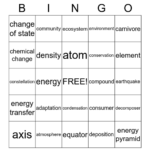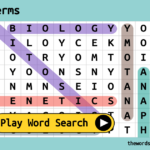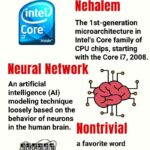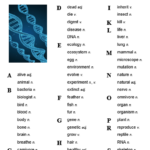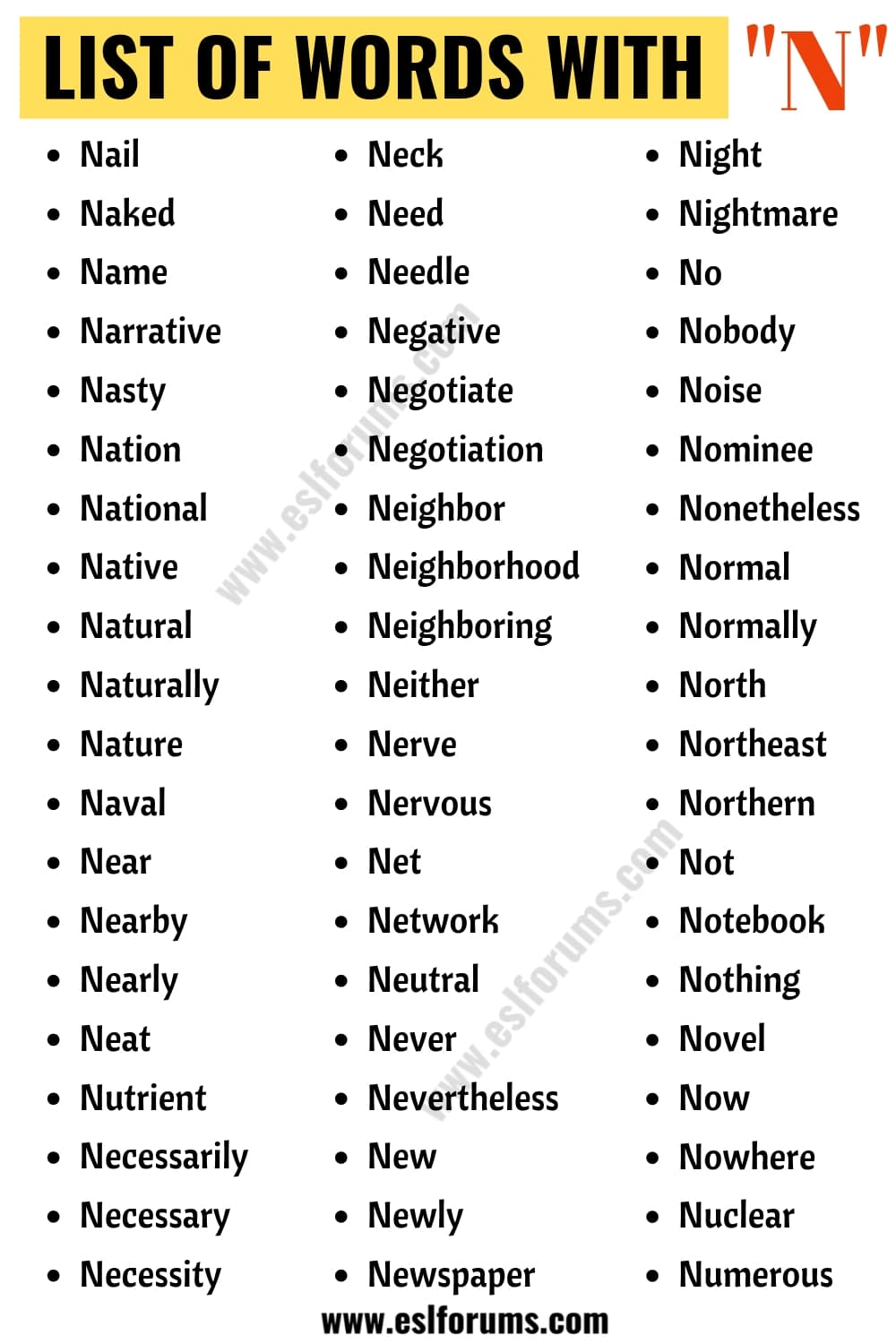Biology Words That Start With N
1. Nacreous
2. Nanotechnology
3. Nastic
4. Nematode
5. Nephron
6. Nervous system
7. Neuron
8. Neurotransmitter
9. Nitrogen
10. Nucleotide
11. Nucleus
12. Nutrient
13. Nystagmus
14. Natural selection
15. Nasal cavity
16. Nastic movement
17. Nervous tissue
18. Nitrogen cycle
19. Non-coding DNA
20. Nocturnal
21. Nonvascular plant
22. Notochord
23. Nutrient absorption
24. Nutritional deficiency
25. Natural immunity
26. Nerve impulse
27. Neutrophil
28. Nutrient cycling
29. Nucleoplasm
30. Nuclear envelope
More About Biology Words That Start With N
Welcome to the fascinating world of biology! In our quest to explore the diversity of life on Earth, we often encounter a multitude of terms and concepts that help us understand the intricate workings of living organisms. Today, we delve into the realm of biology words starting with the letter “N,” where we will explore a myriad of captivating terms that contribute to our understanding of the natural world.
Nucleus – As the central control center of the eukaryotic cell, the nucleus orchestrates a variety of essential cellular activities. It houses the cell’s genetic material in the form of DNA, which contains instructions for the synthesis of proteins and plays a crucial role in determining an organism’s characteristics. The nucleus also acts as a safeguard, protecting the DNA from potential damage and ensuring its accurate replication during cell division.
Nervous System – An intricate network of specialized cells, the nervous system serves as the communication center of the body. Comprising the brain, spinal cord, and nerves, this system coordinates and regulates various bodily functions, including movement, perception, and response to stimuli. With its ability to receive and transmit electrical impulses, the nervous system enables the rapid exchange of information within an organism, allowing for effective adaptation to the environment.
Natural Selection – Proposed by Charles Darwin, natural selection is a fundamental concept in biology that explains how populations of organisms evolve over time. It is the process by which individuals with favorable traits for a given environment are more likely to survive and reproduce, passing on their advantageous traits to the next generation. Through this mechanism, species gradually adapt to changing conditions, leading to the diversification of life forms we observe today.
Nitrogen Cycle – Essential for life on Earth, the nitrogen cycle describes the circulation of nitrogen through various biological and physical processes. Nitrogen is a vital component of amino acids, proteins, and nucleic acids, which are the building blocks of life. Bacteria play a crucial role in this cycle, converting atmospheric nitrogen into a form that can be utilized by plants, transferring it through the food chain, and eventually returning it to the atmosphere. This cycle ensures a constant supply of nitrogen in ecosystems, enabling the growth and development of organisms.
Nanotechnology – A rapidly advancing field within biology and other sciences, nanotechnology involves the manipulation and control of matter on a molecular or atomic scale. By working at such small dimensions, scientists are able to develop innovative tools and techniques that have the potential to revolutionize various aspects of biology, including drug delivery, imaging, and tissue engineering. With the ability to influence cellular processes at an unprecedented level, nanotechnology opens new doors for the advancement of medical and biological research.
As we journey through the world of biology, exploring words that start with “N,” we gain insight into the intricate mechanisms that govern life itself. From the nucleus, the headquarters of genetic information, to the vast network of the nervous system, our understanding of how organisms function continues to expand. Alongside these fundamental concepts, the nitrogen cycle and the emerging field of nanotechnology showcase the diverse range of topics that biology encompasses. Stay tuned as we embark on this exciting exploration, unearthing more captivating terms and deepening our appreciation for the complexity and beauty of the natural world.
Biology Words That Start With N FAQs:
1. What is natural selection?
Answer: Natural selection is the process by which individuals with traits that are better suited to their environment are more likely to survive and reproduce, leading to the gradual evolution of a species over time.
2. What is a nucleotide?
Answer: A nucleotide is the basic building block of DNA and RNA. It consists of a sugar molecule, a phosphate group, and a nitrogenous base (adenine, thymine, cytosine, or guanine).
3. What is a neuron?
Answer: A neuron, also known as a nerve cell, is the fundamental unit of the nervous system. It is responsible for transmitting electrical and chemical signals throughout the body.
4. What is nitrogen fixation?
Answer: Nitrogen fixation is the process by which certain bacteria convert atmospheric nitrogen gas into a form that plants can use, usually ammonia or nitrate. This is necessary for nitrogen to be incorporated into organic molecules.
5. What is a nephron?
Answer: A nephron is the structural and functional unit of the kidney. It filters waste products from the blood, reabsorbs useful substances, and helps regulate the body’s water and electrolyte balance.
6. What is a neurotransmitter?
Answer: A neurotransmitter is a chemical substance that carries signals between nerve cells or from nerve cells to muscle cells. Some common examples include serotonin, dopamine, and acetylcholine.
7. What is a niche?
Answer: A niche refers to the role and position a species has within its environment. It includes factors such as its habitat, food sources, and interactions with other organisms.
8. What is a nucleolus?
Answer: The nucleolus is a small, distinct structure within the nucleus of a cell. It is responsible for producing ribosomes, which are vital for protein synthesis.
9. What is a nucleus?
Answer: The nucleus is a membrane-bound organelle found in eukaryotic cells. It contains the cell’s genetic material (DNA) and controls the activities of the cell.
10. What is a neurotransmission?
Answer: Neurotransmission refers to the process by which nerve cells communicate with each other. It involves the release, binding, and subsequent removal of neurotransmitters at the synapse.



